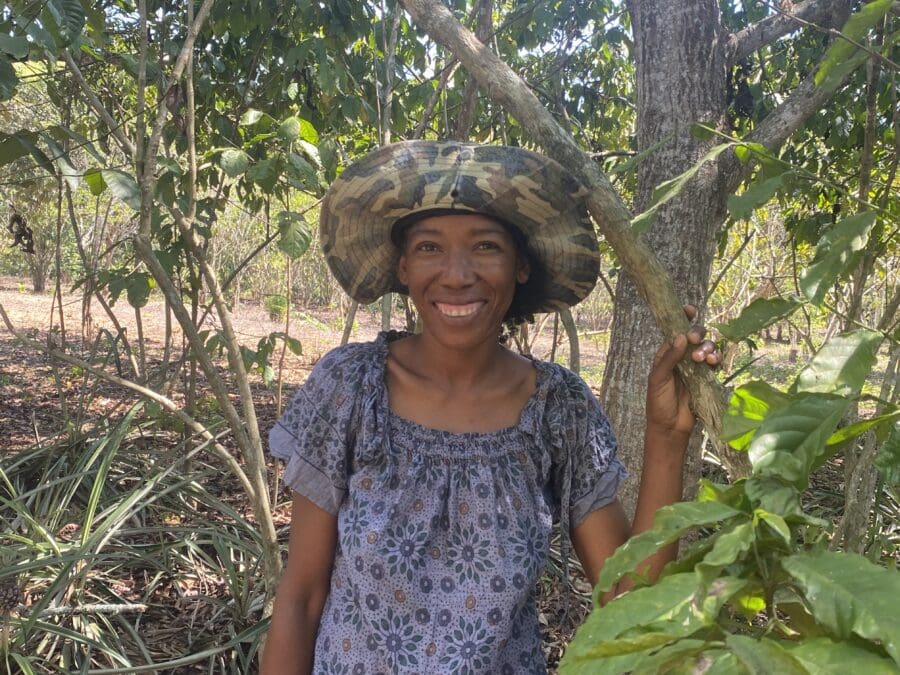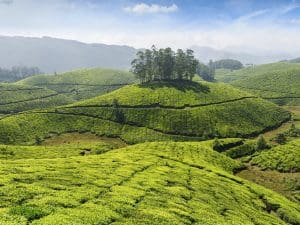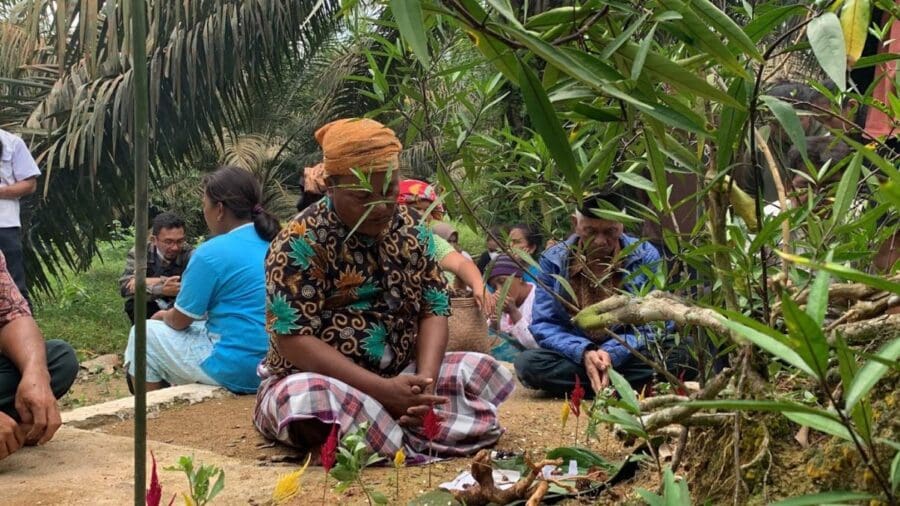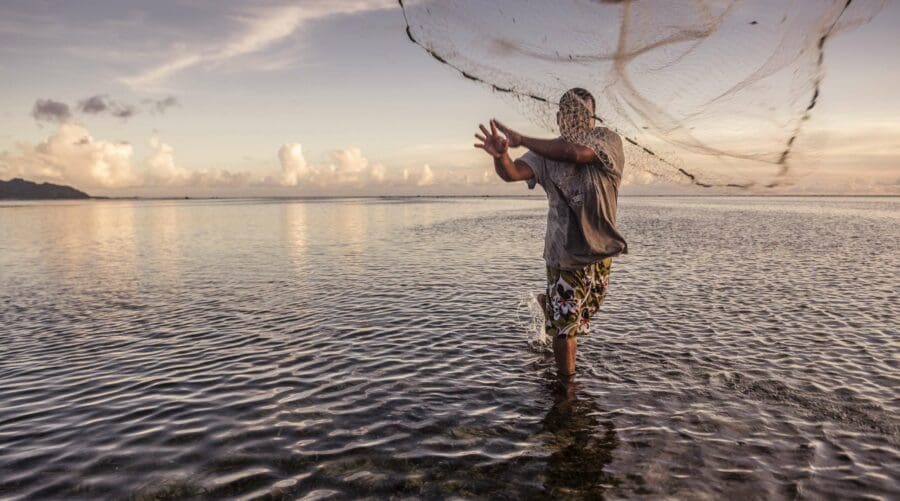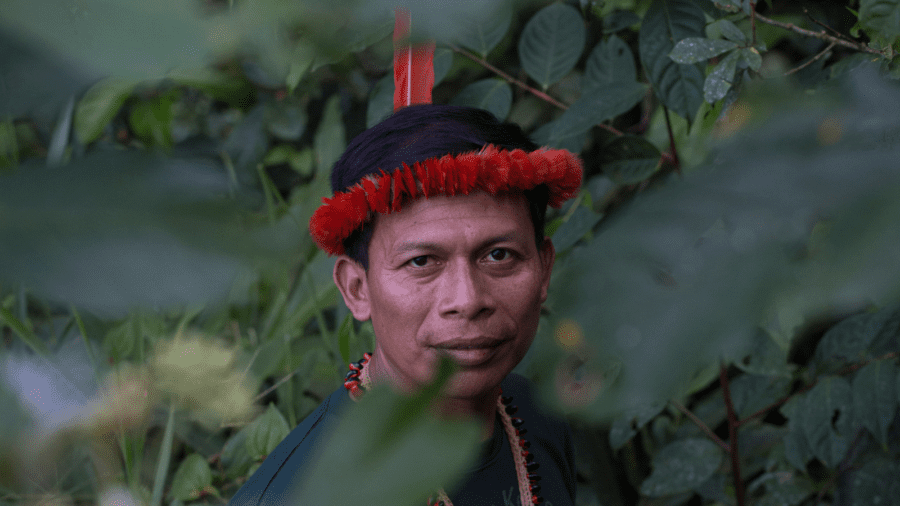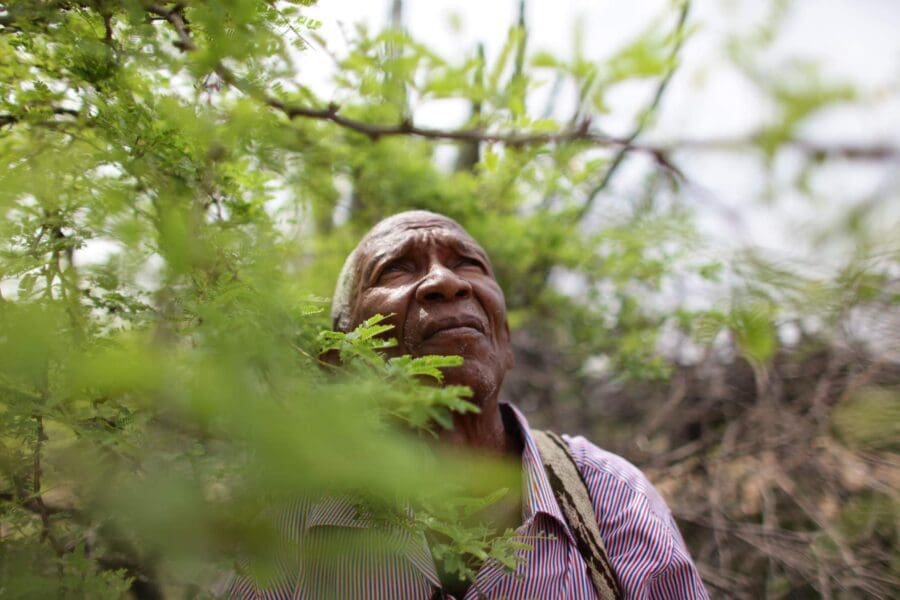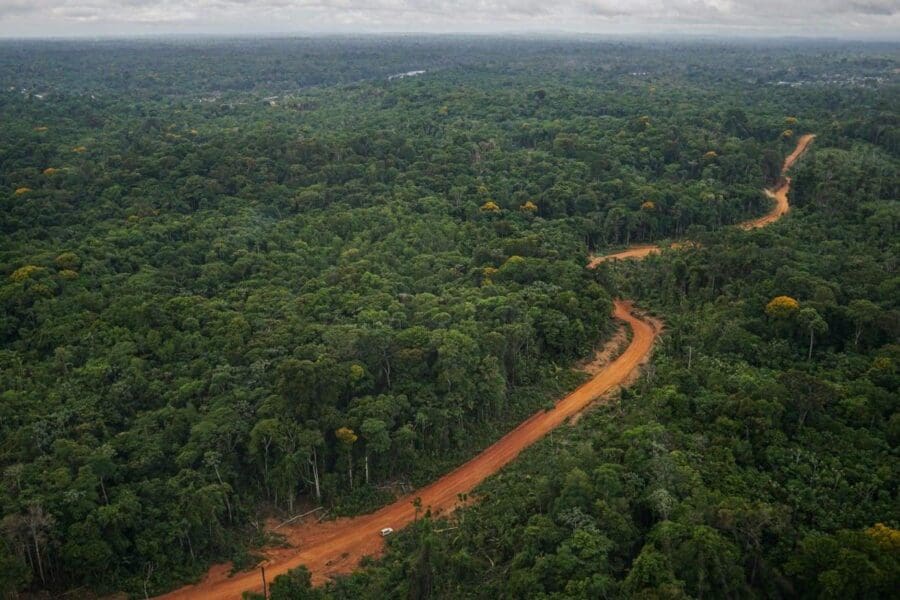With population growth in Madagascar, land is in ever shorter supply and conflicts over land ownership are multiplying. We must build greater community recognition of women’s important role in society—not as competitors to men, but as people working together towards a common goal of better livelihoods and sustainable land management.
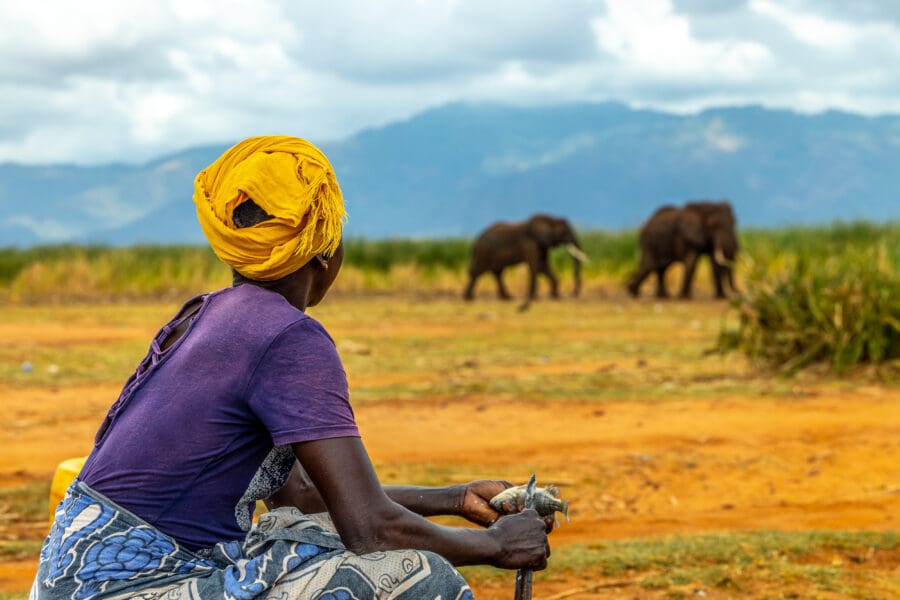
30 Years After the Beijing Declaration, Community Women’s Forest Rights Remain Alarmingly Weak, Report Shows
Decades after the world adopted what continues to be the most comprehensive roadmap for women’s rights, RRI’s latest report highlights enduring challenges in securing the rights of Indigenous, Afro-descendant, and local community women.
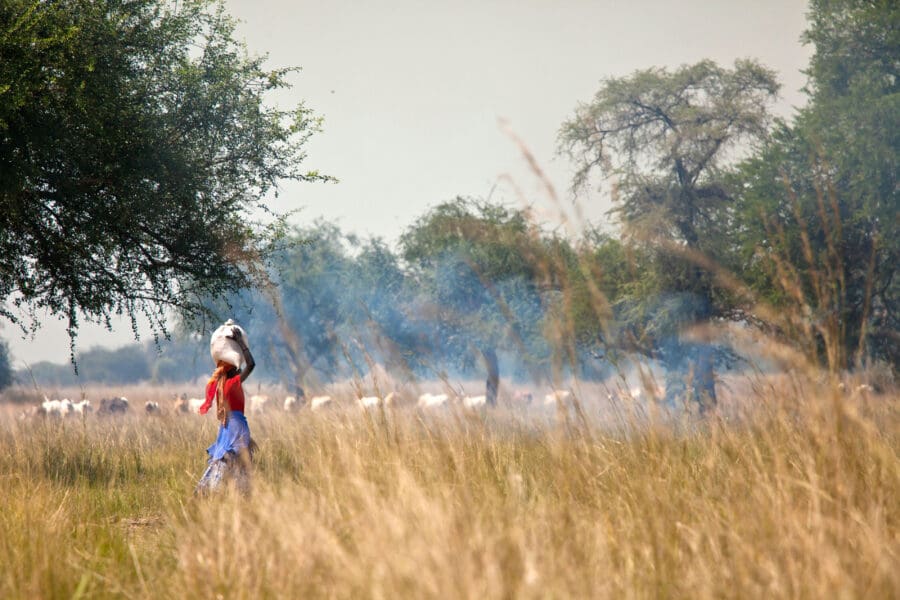
South Sudan at a critical crossroads: The urgent need to secure land rights for peace and stability
South Sudan, one of Africa’s most diverse countries and the world’s youngest Nation, is at a critical juncture. Despite being home to over 60 major ethnic groups, the country lacks a comprehensive land policy, leaving communities vulnerable to land grabs, exclusion, and conflict.
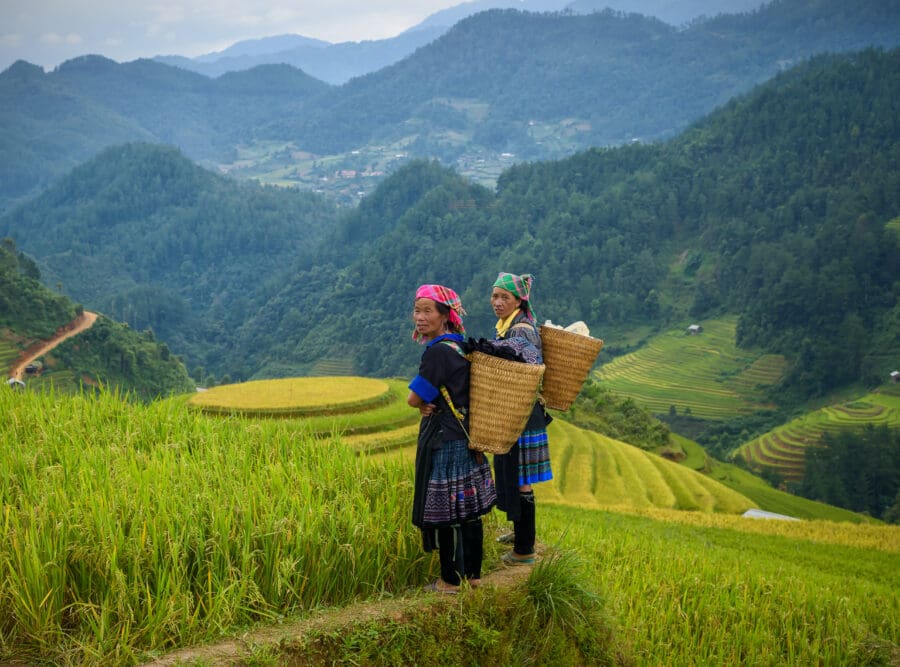
What explains tenure dynamics across the centuries? It’s more complex than you think
Have you ever wondered why people experiencing poverty in rural areas of the Global South tend to have insecure land tenure? If you have, you may have rightly concluded that the greed of powerful actors and colonialism are an important part of the story. But this barely begins to describe the forces that have strengthened and weakened tenure security across time for those with little voice and power.
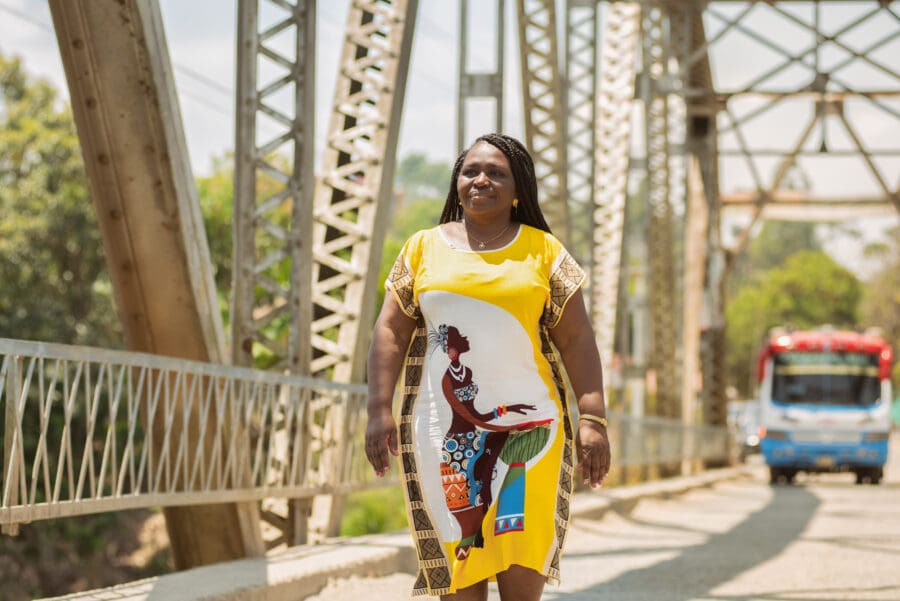
Life stories of women leaders: Clemencia Carabalí, the defender of Afro-Colombian women
This is the story of the president of the Association of Afro-descendant Women of Northern Cauca, Colombia, who faced the threats of armed conflict to fight for the rights of Afro-descendant women.

Land, water, and change: The importance of intersectionality and unity in climate justice work
As the fight for climate justice continues, acknowledging the connections between land, water, ecosystems, and human communities is critical for the realization of positive and lasting change.
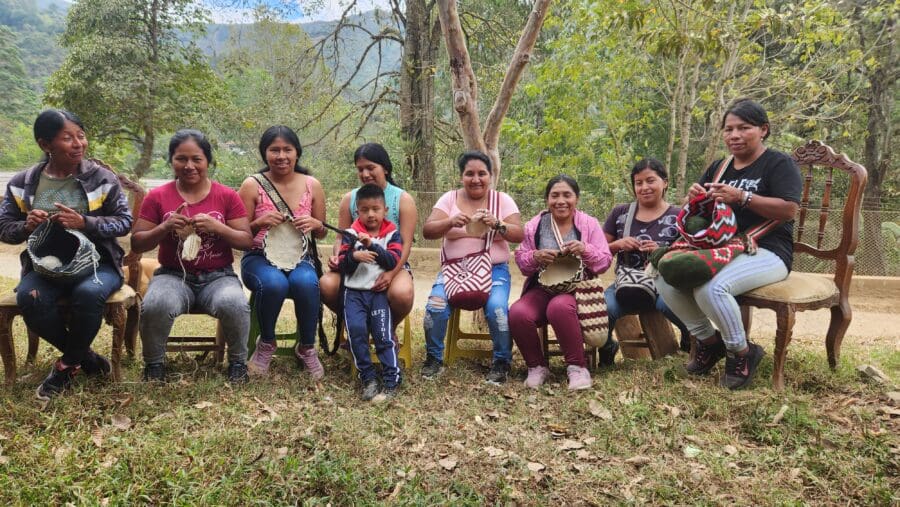
Eight examples of entrepreneurships that contribute to the empowerment of Indigenous women in Colombia and Peru
A new RRI study shows how Indigenous women-led enterprises boost local economies and are important for territorial governance and climate resilience.
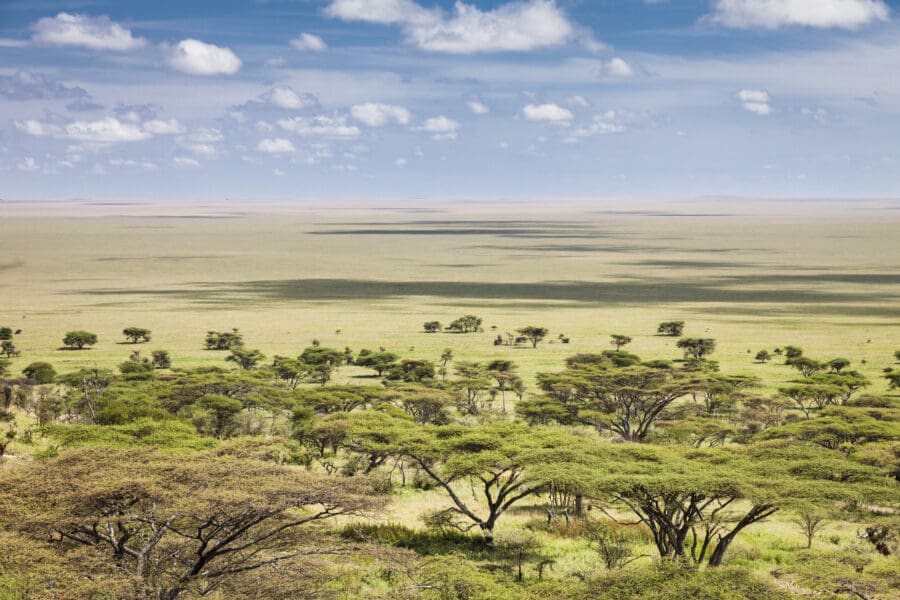
Indigenous voices rise in the desert: Achievements at UNCCD CoP16
This was by far the largest UNCCD CoP to date (the previous CoP15 in 2022 had 7,000 participants), but even in an increasingly crowded space, Indigenous voices rang loud and clear, achieving several important breakthroughs.
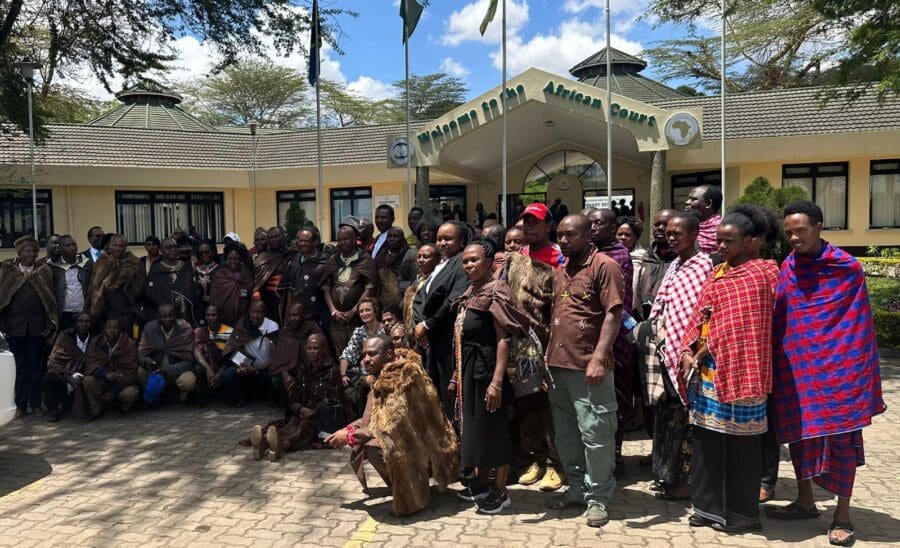
Justice delayed is justice denied: The continuing challenge for the Ogiek of Mau in Kenya
On November 12, 2024, at the African Court on Human and Peoples’ Rights (ACtHPR) in Arusha, Tanzania, the Indigenous Ogiek of Mau had to endure yet more abuse at a hearing convened to review the progress made by the Government of Kenya in implementing the orders set out in its Reparations Judgment of June 2022.
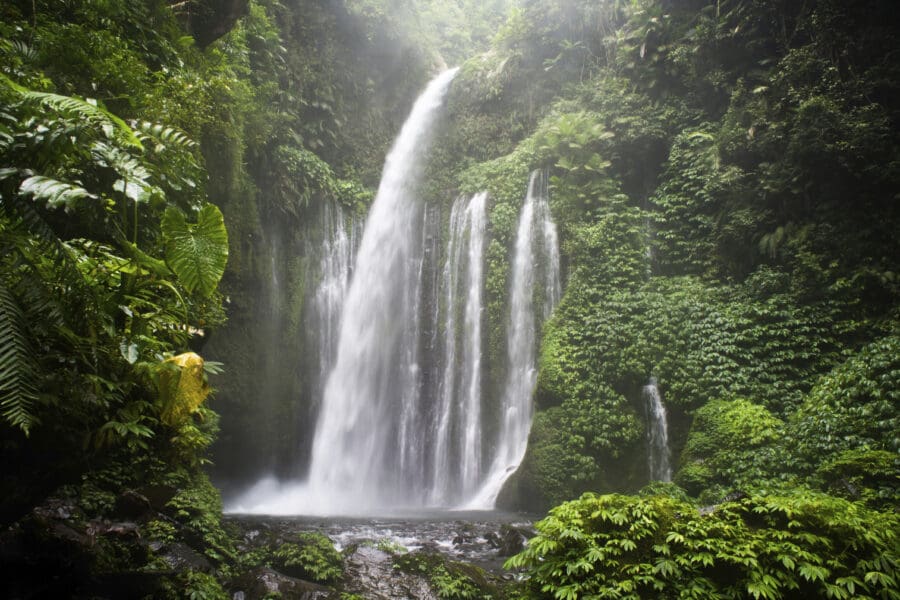
In Memoriam: Owen J. Lynch (1953–2024)
Owen J. Lynch, an early pillar of the now global movement to legally recognize Indigenous Peoples’ and local communities’ land rights, passed away on November 14, 2024, in his beloved home state of Minnesota, US.
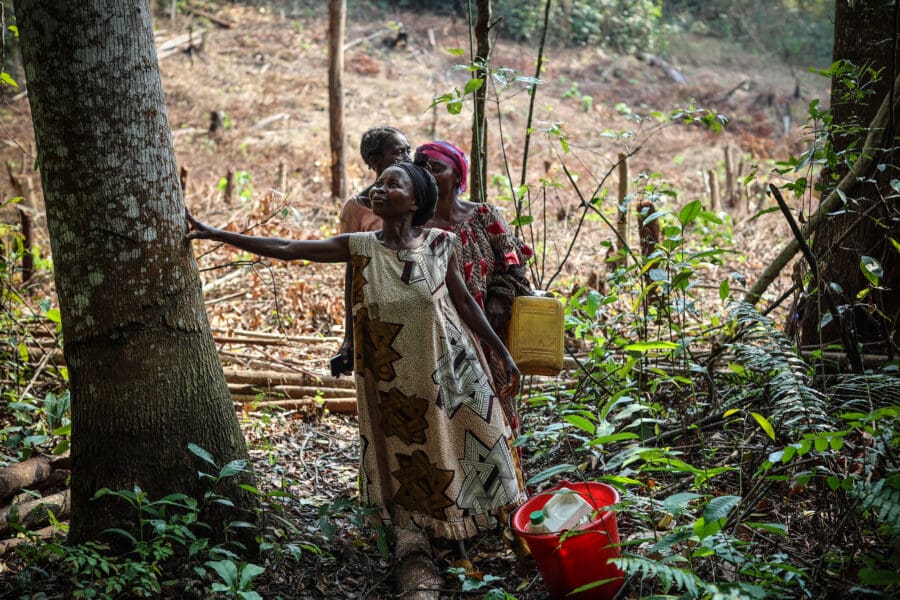
Charting the Path to Scale: New insights and emerging lessons for donors to advance communities’ tenure rights and forest guardianship
Building on the State of Funding report published in April 2024, this blog post shares important updates on finance for Indigenous Peoples', Afro-descendant Peoples', and local communities' tenure and forest guardianship and examples of how direct funding is already driving important progress in tropical forests and other key ecosystems.
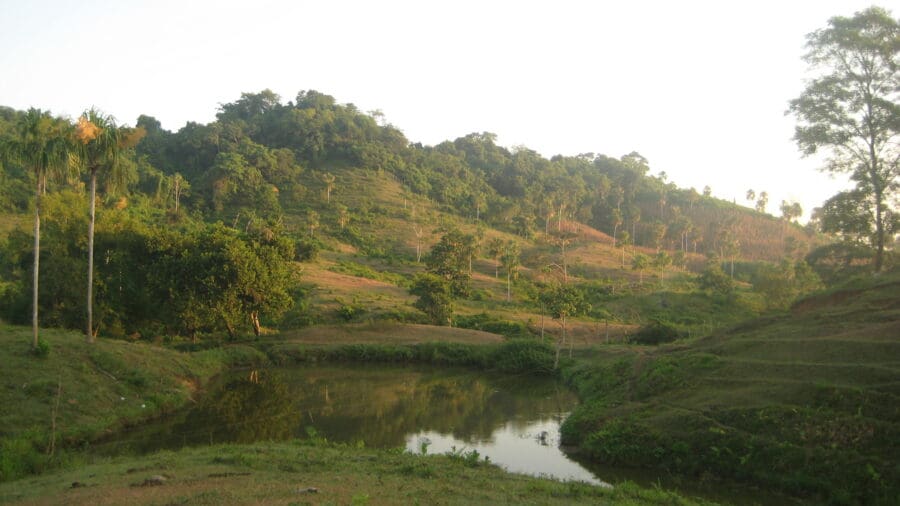
A historic win and long-due recognition for Afro-descendant Peoples
After decades of being omitted from the UN’s biodiversity convention, Afro-descendant Peoples in Latin America and the Caribbean got great news at the 16th Conference of the Parties to the UN Convention on Biological Diversity (CBD) recently held in Cali, Colombia.


